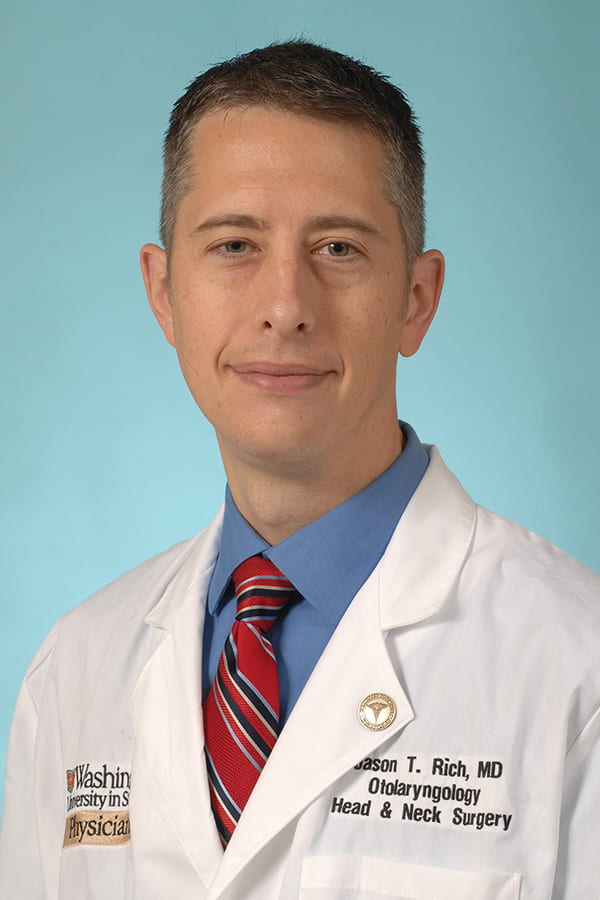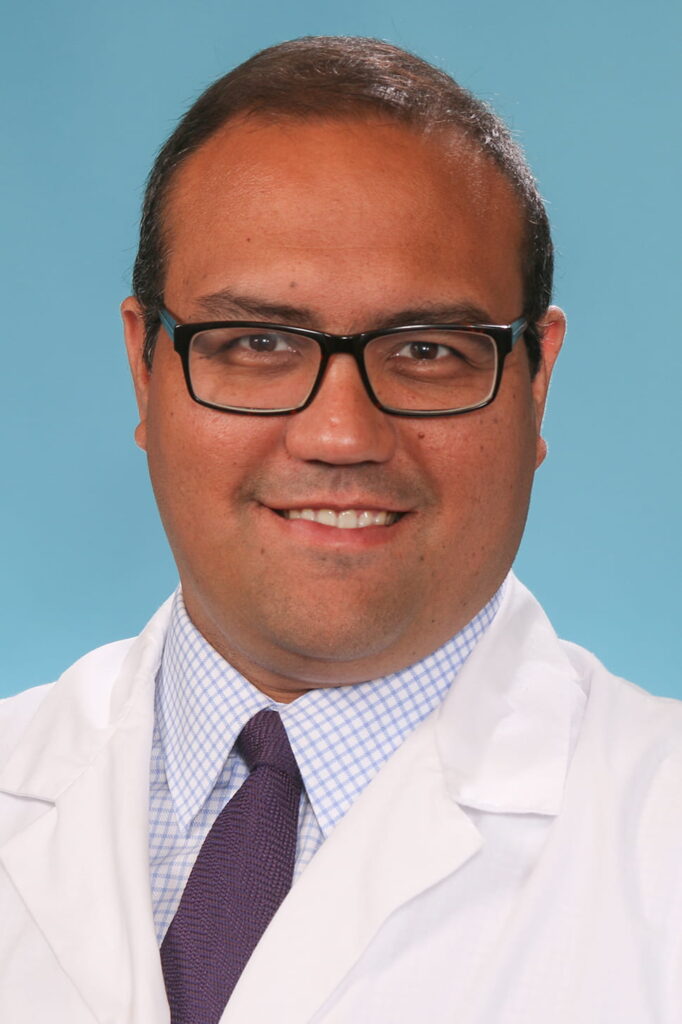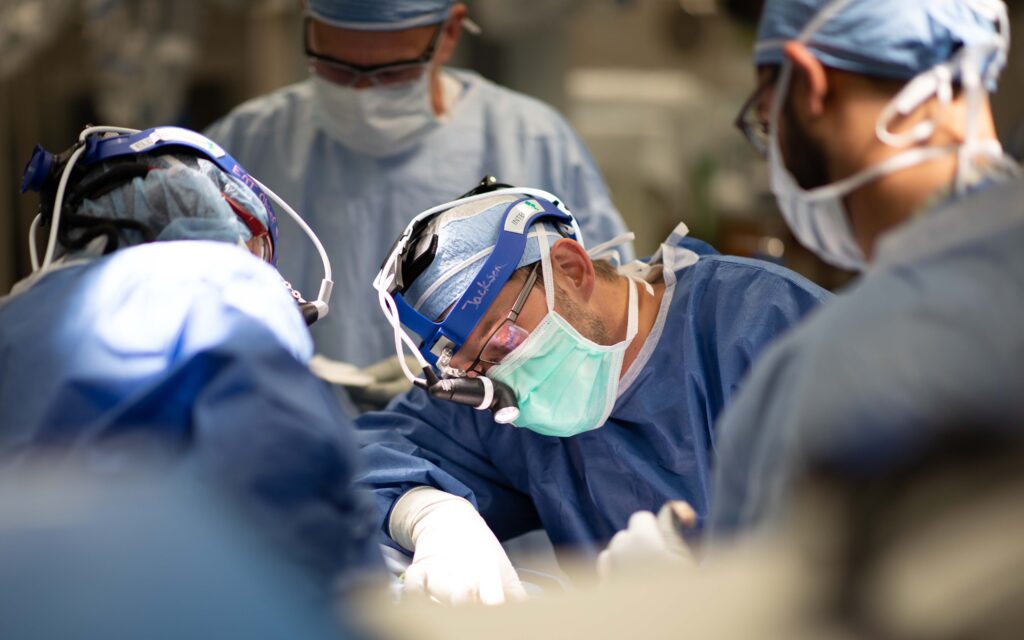While clinical activities at Barnes-Jewish Hospital have ground to a near halt due to COVID-19, the Department of Otolaryngology’s head and neck surgeons remain as busy as ever, treating cancer patients who can’t afford to wait. Some of those patients come from hundreds of miles away because their own hospitals shut down surgical efforts completely.
But it’s not business as usual. Our front-line employees have had to rise to a number of new challenges:

- They now spend hours on the phone, reassuring patients and families and explaining new safety procedures, including the ‘no visitor policy’.
- Staff must wear full PPE to clean exam rooms following any COVID testing or endoscopy, which are both aerosolizing procedures.
- Exam rooms are now closed for one hour following these procedures.
- During and after surgery, they now provide regular and timely updates to family members that cannot be present. This often means using Facetime or Zoom to allow patients essential support in the form of contact with their families.
For me the hardest part is adjusting the care; triaging what is most urgent. Aren’t they all urgent? It felt wrong making some patients wait for evaluation appointments if their cancer was not urgent enough.
Head and neck nurse
Family support changes

“Family support during any type of surgery is important,” said Jason Rich, MD. “But, none more so than a potentially disfiguring head and neck procedure that will remove a patient’s ability to speak.”
Fellow head and neck surgeon Ryan Jackson, MD, concurred. “The no visitor policy had a huge impact,” he said. “I have had patients want to delay their surgery until the policy is removed. And I’ve had family members afraid to accompany their loved ones to the hospital.”
All agree that front-line staff are the key element to alleviating the anxiety of family members and patients.
Strong multidisciplinary communication
Treatment of head and neck cancer requires a multidisciplinary effort. Enhanced communication between all providers and the patient is imperative for normal operation.
“Fortunately, we already had well-established lines of communication as part of our multidisciplinary clinic,” said Stacy Jansen, director of clinical operations for the department. “Without that we might not have been so successful in overcoming this challenge.”
Caregiver’s precautions

Anxiety is something shared by the families of caregivers as well. Those working in the hospital take extra safety precautions when heading home for the day.
“Our spouses understand we have to go into the hospital,” said Jose Zevallos, MD, director of head and neck surgery. “But that doesn’t make it any easier. When I would get home, I would change in the garage and head straight to the shower before even saying hello to the kids. What we came to realize however, is the hospital is safer than your local grocery store.”
“Ultimately, we are very proud and happy that our patients are still receiving good care when they need it,” said Dr. Zevallos. “To be able to say we are still open for business means a lot.”
